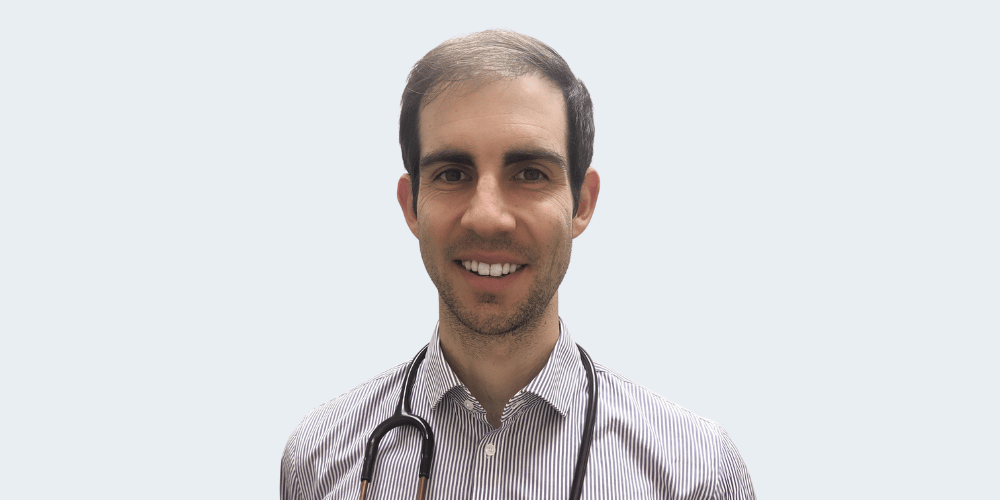What is the best treatment for headaches?
Headache treatment will depend on the type of headache experienced. Normally, over-the-counter pain relievers are enough for immediate headache relief. For a severe headache that occurs in higher frequency, talk to your doctor about prescription-strength medication for pain relief or migraine prevention. Also, look to add non-medicinal approaches, such as relaxation techniques, to your headache pain management and treatment plan.
How do you get rid of a headache without medication?
The following non-medicinal treatments may provide headache pain relief:
However, if the pain is severe and persistent, speak to your doctor or medical healthcare provider to determine the type of headache and develop an effective treatment plan, which may involve headache medications.
What are the different types of headaches?
Primary headaches are not related to any medical conditions and may be triggered by stress, food, and alcohol. Examples of primary headaches are cluster headaches and migraine headaches.
On the other hand, secondary headaches are related to some medical conditions. Some examples of related medical conditions may include:
-
-
Acute sinusitis
-
Brain aneurysm
-
Concussion
-
Flu
What cures a headache fast?
To cure a headache fast, first recognize the type of headache that is affecting you. Over-the-counter pain relievers are typically effective in relieving symptoms. Examples are: acetaminophen (e.g. Tylenol), and nonsteroidal anti-inflammatory medications (NSAIDs) such as ibuprofen (e.g. Advil), aspirin, and naproxen (Aleve).
How can I stop a daily headache?
Here are some steps to take to help alleviate chronic daily headaches:
-
Learn to recognize and reduce exposure to migraine triggers
-
Avoid overmedicating yourself, as taking too much headache medications can lead to medication overuse headaches
-
Participate in regular aerobic activities to improve your overall well-being
-
Get enough sleep
-
Reduce stress by practicing meditation or yoga regularly, as these activities have been shown to improve mood and reduce stress
How to get rid of a sinus headache?
The fastest way to get rid of a sinus headache is to determine the cause and begin proper treatment. Medication and home remedies are the fastest way to get rid of sinus headaches.
-
-
If your sinus headache is caused by a virus, it will go away on its own, usually within 7 to 10 days.
-
If your sinus headache is caused by bacteria or fungus, you may need to be prescribed antibiotics to help fight the infection beyond 10 days of symptoms. This requires a consultation with a medical doctor so that they can decide if an antibiotic is right for you.
-
If your sinus headache is caused by seasonal allergies or the common cold, you may need to take some over-the-counter medications and begin home remedies.
Can you get a sinus headache without congestion?
It is very rare to experience a sinus headache without congestion. If you have a headache that seems like a sinus headache, but have no congestion, it is less likely to be a sinus headache. Sinus headaches are usually accompanied by congestion, because sinus infections often stem from upper respiratory infections. An infection like this causes swelling in the sinuses, which are very small, and makes your body produce more mucus, which helps fight off these infections. However, the swelling and increased mucus production lead to congestion and prevent normal drainage of your sinuses, which leads to pain.







